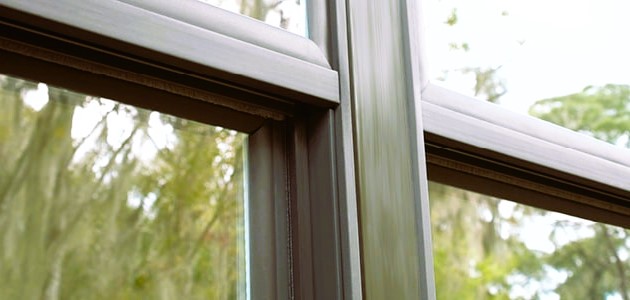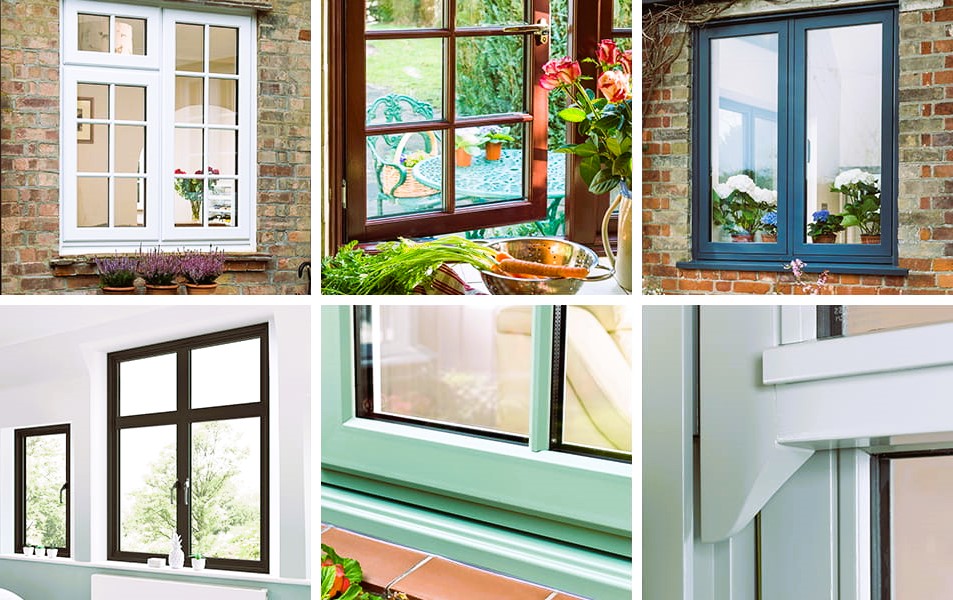Choosing the Right Glass for Your Plastic Windows: Exploring Options
When selecting plastic windows, choosing the right type of glass is essential for maximizing energy efficiency, comfort, and overall performance. The glass used in windows can significantly impact factors such as insulation, soundproofing, UV protection, and security. In this article, we will explore various options for glass in plastic windows, helping you make an informed decision when selecting the right glass for your needs.
- Single Pane Glass:
Single pane glass is the most basic type of glass used in windows. It consists of a single layer of glass without any additional insulation properties. While it is cost-effective, single pane glass offers limited insulation and is less effective in reducing heat transfer and noise infiltration compared to other options.
- Double Pane Glass:

Double pane glass, also known as insulated glass, consists of two glass panes with a sealed air or gas-filled space in between. This construction improves insulation, reducing heat loss in winter and heat gain in summer. The trapped air or gas acts as a barrier, preventing thermal transfer and enhancing energy efficiency. Double pane glass also provides better soundproofing compared to single pane glass.
- Triple Pane Glass:
Triple pane glass takes insulation and energy efficiency a step further. It consists of three glass panes with two sealed air or gas-filled spaces. Triple pane glass offers superior insulation performance, reducing heat transfer and noise transmission to a greater extent than double pane glass. It is an excellent option for properties located in areas with extreme climates or high noise levels.
- Low-E Glass:
Low-E (low-emissivity) glass has a microscopically thin, transparent coating applied to the surface. This coating reflects heat back into the room while allowing natural light to pass through. Low-E glass helps regulate indoor temperature, reducing reliance on heating and cooling systems and enhancing energy efficiency. It also offers UV protection, minimizing fading of furniture and flooring caused by prolonged sun exposure. The Role of Weather Stripping in Enhancing Efficiency and Performance of Plastic Windows.
- Tinted Glass:
Tinted glass is treated with a special film or coating that reduces the amount of visible light and heat transmitted through the window. Tinted glass helps control glare, improves privacy, and reduces heat gain from direct sunlight. However, it may also reduce natural light transmission and can impact the aesthetics of the window and the overall appearance of the property.
- Laminated Glass:
Laminated glass consists of two or more glass layers bonded together with an interlayer of polyvinyl butyral (PVB) or ethylene-vinyl acetate (EVA). This construction enhances security and safety by creating a strong barrier that holds the glass together upon impact, preventing it from shattering into sharp pieces. Laminated glass also provides additional noise reduction and offers UV protection.
- Impact-Resistant Glass:
For properties located in areas prone to severe weather conditions, such as hurricanes or strong winds, impact-resistant glass is a recommended option. It is constructed with a combination of laminated glass and a durable interlayer, providing resistance against high winds, flying debris, and forced entry. Impact-resistant glass enhances both security and safety.

- Acoustic Glass:
Acoustic glass, also known as soundproof or noise-reducing glass, is designed to minimize noise transmission. It consists of laminated glass with a specialized acoustic interlayer that absorbs and dampens sound vibrations. Acoustic glass is beneficial for properties located in noisy environments or near busy streets, offering a quieter and more peaceful indoor environment.
Conclusion:
Choosing the right glass for your plastic windows is crucial for optimizing energy efficiency, comfort, and performance. Consider factors such as insulation requirements, soundproofing needs, UV protection, security, and regional climate conditions when selecting the glass type. Double pane or triple pane glass provides enhanced insulation, low-E glass offers energy efficiency and UV protection, tinted glass controls glare and heat gain, laminated glass enhances security, impact-resistant glass provides durability, and acoustic glass minimizes noise transmission. Consult with window professionals or manufacturers to determine the most suitable glass option for your specific requirements.


